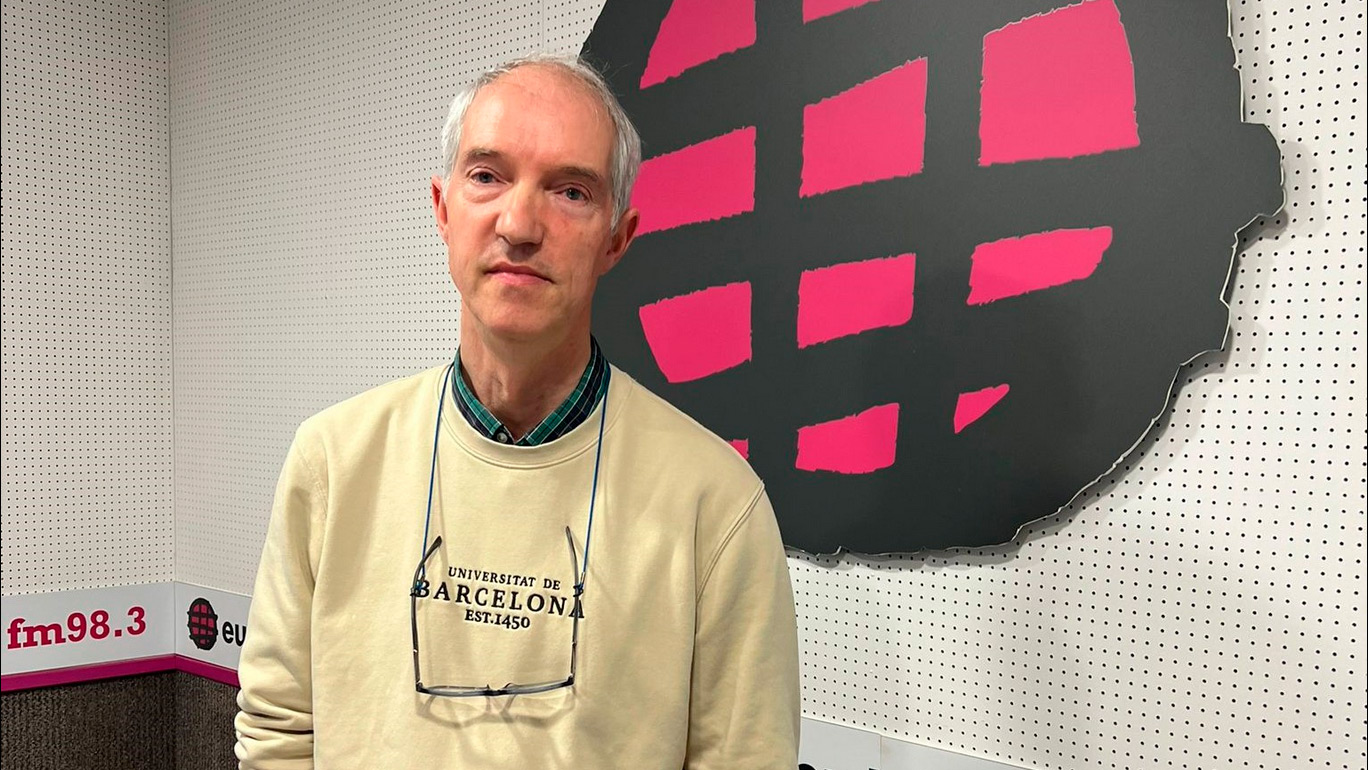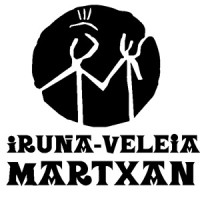On Thursday, the Gose Grebalariak Group for the Clarification of Iruña Veleia announced the decision taken by Joxe Mari Lejardi Gabixola: "The Culture Deputy, Ana Del Val, together with the Director of Culture, Inma Sánchez, in the interview offered last 21, has allowed the strike to end by laying the foundations of the integral development of Iruña Veleia".
Gabixola and four other members have highlighted the hunger strike launched on 23 July and the "powerful campaign of questioning" on this issue, which since last July has published numerous articles and press interviews, distribution of fact sheets and various car caravans, among others. The group that promoted the hunger strike considered that it "gave a decisive impulse for clarification of the Truth of Iruña–Veleia".
At a hearing held this Thursday in Calle Knilería, they assured that all the parliamentary groups that were interviewed had agreed that "it would be science that solves the case of Iruña Veleia, although no one wanted to take the first step". Apart from Vox, in recent weeks they have met with all the parliamentary groups of the Abertzale coalition.
A new plan
As they have explained, the main reason for disconvening the hunger strike is the meeting they held with the Culture Deputy, Ana del Val, and the Director of Culture, Inma Sánchez. At their meeting on 21 October last, the Member considered that it "laid the foundations for the integral development of Iruña Veleia", which has allowed the end of the hunger strike.
"What has been done so far has been absolutely improper and has not allowed us to see the immense wealth we have," they said. And now what? The Hunger Strikers for the Clarification of Iruña Veleia have explained the intentions of the Council: "Make a new planning with new ideas and much more reasoned: Rescind the contract to the UPV/EHU, take stock of the 12 years, hire an independent archaeologist to correct the excavations, store the unstudied grafts and analyze the conflicting pieces".
In fact, the 2010/2020 plan that has so far guided the site’s work will end this year. As confirmed by the Representative of the BERRIA newspaper, it will then be when the necessary steps are taken to design the new plan. At the moment there are no further details on the development of the plan, but the Council has explained that the objective is "to promote the immense patrimonial value of the Iruña–Veleia site".
- What if they're fake?
During the hearing, they recalled a passage from the meeting held by both parties. You have explained that Ana Del Val asked you the following question: - What if they're fake? ". Reply from your interlocutors: "We will always accept what science says."
They have shown their "confidence" in the new situation, although they have warned that they will be "attentive" to the process announced by the Member of Parliament for Culture: "Thanks to a courageous struggle, those who want Iruña Veleia to disappear, endangering health and life, have been defeated. Iruña Veleia is more animated than ever."
Request for data
The case of Iruña–Veleia has been long and complex. 12 years ago, in 2008, Lorena López de Lacalle suspended the contract of the company Lurmen, led by Eliseo Gil, and denounced the alleged crimes of fiscal misconduct and fraud.
After the expulsion of Lurmen, the Council hired the Faculty of Letters of the UPV/EHU of Vitoria-Gasteiz to continue the excavations of Iruña Veleia. The group that promoted the hunger strike has strongly criticised the UPV/EHU: "The only remarkable thing they have done in the site for 12 years is that for 15 days they have caused an illegal shattering of 1.5 meters depth with a excavator, at the orders of Professor Julio Núñez."
Finally, in 2020, the Hearing of Álava sentenced Eliseo Gil to two years and three months in jail for falsifying documents. The Clarification Group of Pamplona/Iruña Veleia has denounced that the trial was conducted "without making data on the pieces controversial in the usual laboratories".















